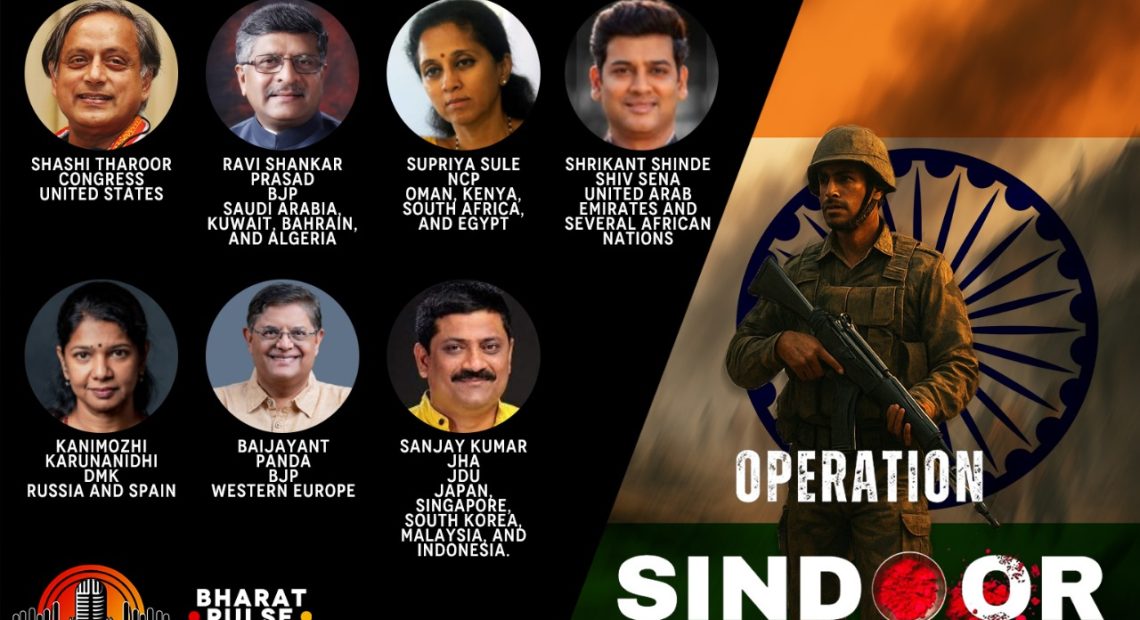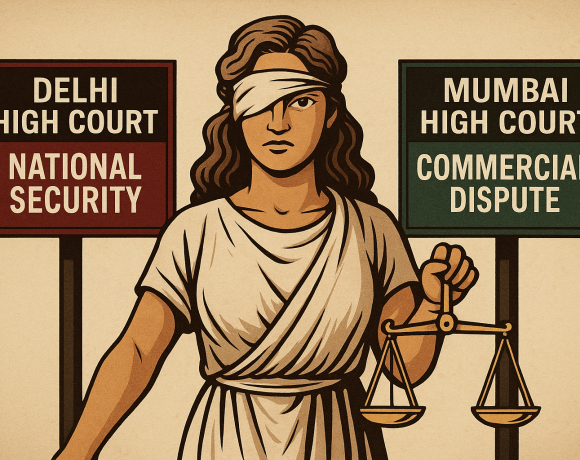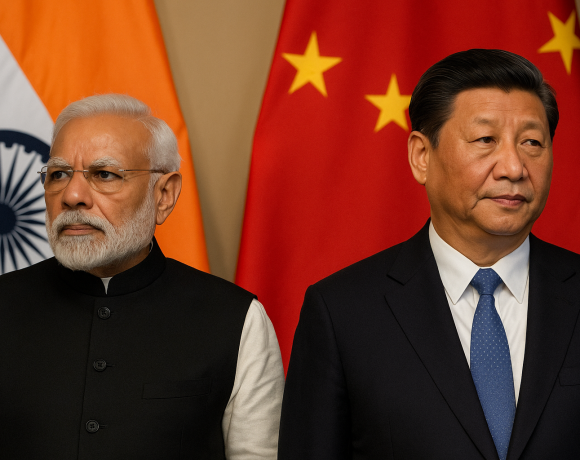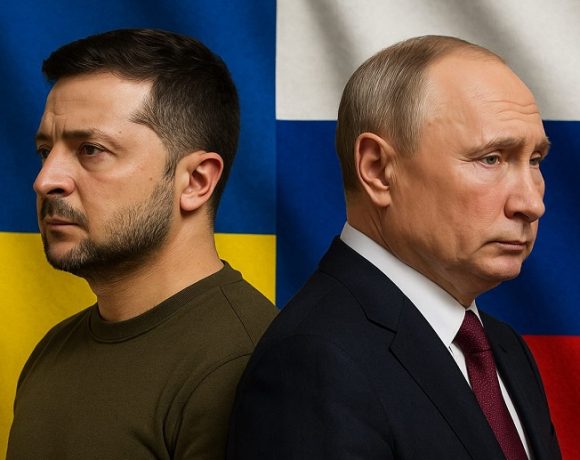
Breaking Down The News: India Sends MP Delegations to 33 Nations Post-Sindoor
As the dust settles on the April 22 terror attack in Pahalgam and India’s swift retaliatory response through Operation Sindoor, the Narendra Modi government has embarked on an unprecedented diplomatic initiative. For the first time in recent memory, seven separate delegations of Members of Parliament from multiple parties have been dispatched to 33 nations to brief world leaders and key strategic partners about India’s national security concerns, particularly the issue of cross-border terrorism emanating from Pakistan. The outreach, involving seasoned MPs and former diplomats, is aimed at conveying a united Indian voice and securing international backing for India’s stance.
Why Is India Sending Parliamentary Delegations Now?
At the heart of this initiative lies the urgency to counter Pakistan’s parallel narrative. Historically, Pakistan has acted swiftly in the aftermath of military or political escalations to lobby international partners and Islamic nations, often painting India as an aggressor. This time, India has taken a proactive approach—not only through MEA channels but also via Parliament itself.
By sending cross-party MPs to capitals across continents, India intends to achieve three objectives: first, establish Pakistan’s continuing role in sponsoring terror; second, show that India’s military response was precise, restrained, and just; and third, demonstrate internal political unity on matters of national security.
This diplomatic campaign is as much about substance as it is about optics. Unlike conventional envoy-level briefings, a bipartisan group of elected representatives carries a unique democratic legitimacy that can resonate with foreign parliaments and civil societies.
Who’s Going Where? The 7 Groups and Their Composition
The seven delegations are led by senior MPs drawn from both ruling and opposition benches. They include:
Dr. Shashi Tharoor (INC) – Leading the team to the United States, Panama, Brazil, Colombia, and Guyana
Ravi Shankar Prasad (BJP) – Heading to the UK, France, Germany, Italy, EU, and Denmark
Supriya Sule (NCP – Sharad Pawar faction) – Visiting Egypt, Qatar, Ethiopia, and South Africa
Kanimozhi Karunanidhi (DMK) – Leading the delegation to Spain, Greece, Slovenia, Latvia, and Russia
Baijayant Panda (BJP) – Engaging with Saudi Arabia, Kuwait, Bahrain, and Algeria
Sanjay Kumar Jha (JD(U)) – Assigned to Japan, Singapore, South Korea, Malaysia, and Indonesia
Shrikant Shinde (Shiv Sena) – Representing India in the UAE, Liberia, DRC, and Sierra Leone
Each team includes a mix of MPs from different parties like BJP, INC, Shiv Sena (both factions), DMK, JMM, AAP, AIMIM, NC, SP, and even nominated members. Diplomats such as Harsh Shringla, Taranjit Singh Sandhu, Syed Akbaruddin, and Sujan Chinoy have also been roped in for strategic briefings.
The diversity ensures the mission isn’t seen as a government campaign but a national initiative with broad parliamentary backing.
What Are the Delegations Expected to Achieve?
Primarily, these teams will brief their host countries on the sequence of events that led to Operation Sindoor and present classified intelligence (where permitted) on terror networks operating with Pakistani support. The goal is to build pressure on Pakistan through diplomatic channels, encourage global statements of solidarity with India, and possibly lay the groundwork for multilateral resolutions.
In parallel, the delegations will also pursue bilateral agendas—advancing trade negotiations, discussing regional security cooperation, and reinforcing India’s broader foreign policy goals such as the Indo-Pacific strategy, BRICS cohesion, and counter-terror financing frameworks.
The message is clear: India will not remain reactive anymore. It will lead the global conversation on terrorism from the frontlines.
Strategic Importance of the Countries Being Visited
The 33 nations being visited span five continents and represent varying dimensions of India’s global interests.
In the Middle East and North Africa, countries like Saudi Arabia, UAE, and Qatar are crucial for India’s energy security, diaspora interests, and influence within the Islamic bloc. Bahrain, Algeria, and Egypt have long-standing defense or economic cooperation with India. India hopes these nations will acknowledge the threat of terrorism beyond religious lines.
Europe is home to India’s key strategic and trade partners. The UK, France, and Germany are integral to India’s defense procurement, climate partnerships, and tech cooperation. France, in particular, has been supportive of India in UN Security Council matters. The European Union collectively remains India’s largest trading bloc. Countries like Spain, Greece, and Denmark are rising partners in green energy and shipping.
The Asia-Pacific bloc reflects India’s Act East Policy and Indo-Pacific vision. Japan, South Korea, Singapore, and Malaysia are deeply involved in India’s infrastructure and digital initiatives. Indonesia and Vietnam are essential maritime allies in the Indian Ocean. These visits will help consolidate India’s role as a stabilizer in a region dominated by China’s assertiveness.
In Africa, nations like Ethiopia, South Africa, and the Democratic Republic of Congo offer India a platform for development diplomacy. India’s peacekeeping legacy and aid investments give it leverage here. Sierra Leone and Liberia, though small, are vital in building consensus within the African Union.
In the Americas, the United States remains India’s most important strategic partner. From defense and tech to Indian diaspora influence and the Quad, US cooperation is pivotal. Brazil, a fellow BRICS nation, offers South-South collaboration. Colombia and Guyana have growing economic and energy ties with India, while Panama serves as a key link to Latin America.
Political Frictions and Criticism
Despite the bipartisan face, the initiative hasn’t been free of controversy. The Congress party publicly criticized the Modi government for allegedly altering its recommended list of MPs. Jairam Ramesh called the act “dishonest” and likened it to the Indira Gandhi era, accusing the BJP of undermining institutional processes.
The irony is that Shashi Tharoor—who was not on the Congress’s final list—was appointed to lead the most high-profile delegation to Washington. The BJP hit back, questioning why Congress would sideline someone as articulate and globally respected as Tharoor. This political wrangling could send mixed signals abroad, but the government is projecting unity regardless.
Has India Tried This Before?
India has conducted diplomatic briefings post-conflict before, especially after the 1999 Kargil War and the 2008 Mumbai attacks. However, those efforts were limited to ambassadorial meetings or foreign minister-level engagements. What sets this effort apart is the use of elected parliamentarians as direct communicators and the scale of outreach—33 countries across four weeks.
No other post-conflict diplomatic effort by India has ever involved such an expansive, structured, and politically inclusive delegation.
Will It Work? Measuring Diplomatic Impact
Effectiveness will depend on a few key metrics:
Will the visited countries issue public statements condemning Pakistan-based terrorism?
Will global forums like the UN or G20 reflect the concerns India is raising?
Can India leverage this campaign to stall or defeat Pakistan’s counter-lobbying?
There are limits, of course. Western nations may raise concerns about India’s military escalation or human rights, while Islamic nations may avoid direct blame on Pakistan due to geopolitical alignments. Still, if these delegations can tilt even a few neutral players or secure back-channel support, the mission will be deemed successful.
Perhaps most significantly, it signals that India is ready to lead—not just militarily, but diplomatically—after a terror strike.
Conclusion
This initiative marks the evolution of India’s post-conflict diplomacy. No longer content with letting the Ministry of External Affairs alone handle the fallout, India is using the full breadth of its democratic institutions to engage the world. By deploying MPs, not just diplomats, New Delhi is showing both transparency and resolve.
Operation Sindoor may have ended on the ground, but the battle for narrative dominance has moved to foreign capitals. Whether this gamble pays off will depend not just on who India sends, but how strongly—and how unitedly—they speak.
Group 1
Leader: Shri Baijayant Panda (MP, BJP)
Countries: Saudi Arabia, Kuwait, Bahrain, Algeria
Members:
Dr. Nishikant Dubey (MP, BJP)
Smt. Phangnon Konyak (MP, BJP)
Smt. Rekha Sharma (MP, BJP)
Shri Asaduddin Owaisi (MP, AIMIM)
Shri Satnam Singh Sandhu (MP, Nominated)
Shri Ghulam Nabi Azad
Amb. Harsh Shringla
—
Group 2
Leader: Shri Ravi Shankar Prasad (MP, BJP)
Countries: UK, France, Germany, EU, Italy, Denmark
Members:
Dr. Daggubati Purandeswari (MP, BJP)
Smt. Priyanka Chaturvedi (MP, Shiv Sena – UBT)
Shri Ghulam Ali Khatana (MP, Nominated)
Dr. Amar Singh (MP, INC)
Shri Samik Bhattacharya (MP, BJP)
Shri M.J. Akbar
Amb. Pankaj Saran
—
Group 3
Leader: Shri Sanjay Kumar Jha (MP, JD(U))
Countries: Indonesia, Malaysia, South Korea, Japan, Singapore
Members:
Smt. Aparajita Sarangi (MP, BJP)
Shri Yusuf Pathan (MP, AITC)
Shri Brij Lal (MP, BJP)
Dr. John Brittas (MP, CPI(M))
Shri Pradan Baruah (MP, BJP)
Dr. Hemang Joshi (MP, BJP)
Shri Salman Khurshid
Amb. Mohan Kumar
—
Group 4
Leader: Shri Shrikant Eknath Shinde (MP, Shiv Sena)
Countries: UAE, Liberia, Democratic Republic of Congo, Sierra Leone
Members:
Smt. Bansuri Swaraj (MP, BJP)
Shri E.T. Mohammed Basheer (MP, IUML)
Shri Atul Garg (MP, BJP)
Dr. Sasmit Patra (MP, BJD)
Shri Manan Kumar Mishra (MP, BJP)
Shri S.S. Ahluwalia
Amb. Sujan Chinoy
—
Group 5
Leader: Dr. Shashi Tharoor (MP, INC)
Countries: USA, Panama, Guyana, Brazil, Colombia
Members:
Smt. Shambhavi (MP, LJP – Ram Vilas)
Dr. Sarfaraz Ahmad (MP, JMM)
Shri G.M. Harish Balayogi (MP, TDP)
Shri Shashank Mani Tripathi (MP, BJP)
Shri Bhubaneswar Kalita (MP, BJP)
Shri Milind Murli Deora (MP, Shiv Sena)
Amb. Taranjit Singh Sandhu
Shri Tejasvi Surya (MP, BJP)
—
Group 6
Leader: Smt. Kanimozhi Karunanidhi (MP, DMK)
Countries: Spain, Greece, Slovenia, Latvia, Russia
Members:
Shri Rajeev Rai (MP, SP)
Shri Mian Altaf Ahmad (MP, NC)
Capt. Brijesh Chowta (MP, BJP)
Shri Prem Chand Gupta (MP, RJD)
Dr. Ashok Kumar Mittal (MP, AAP)
Amb. Manjeev S. Puri
Amb. Jawed Ashraf
—
Group 7
Leader: Smt. Supriya Sule (MP, NCP – SCP)
Countries: Egypt, Qatar, Ethiopia, South Africa
Members:
Shri Rajiv Pratap Rudy (MP, BJP)
Shri Vikramjeet Singh Sahney (MP, AAP)
Shri Manish Tewari (MP, INC)
Shri Anurag Singh Thakur (MP, BJP)
Shri Lavu Sri Krishna Devarayalu (MP, TDP)
Shri Anand Sharma
Shri V. Muraleedharan
Amb. Syed Akbaruddin


















